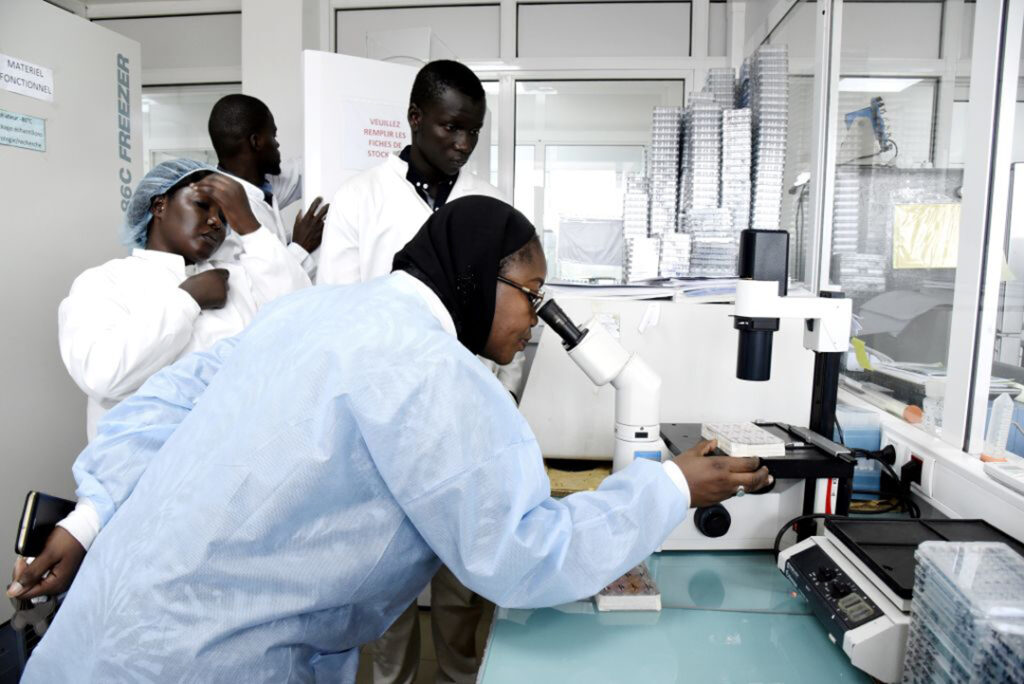ADF STAFF
Senegal’s Pasteur Institute of Dakar will begin producing COVID-19 vaccines in 2022 under an agreement President Macky Sall signed with Belgian biotech company Univercells SA.
The agreement will boost Africa’s ability to produce vaccines for its 1.3 billion people. African countries currently import 99% of their vaccines.
COVID-19 vaccines imports halted last month when India, which is a major source of vaccines, paused exports to combat its own devastating outbreak. That pause has left many African countries with shrinking vaccine supplies as variants of the disease, including the one that first appeared in India, continue to spread. As of mid-June, Africa has reported more than 5 million cases and more than 135,000 deaths.
The agreement calls for the Pasteur Institute to produce a viral vector vaccine Univercells is developing that will be similar to the vaccine Johnson & Johnson is producing with South Africa’s Aspen Pharmacare. A viral vector vaccine uses a modified version of a harmless virus to deliver information to the body that will help it build immunity to COVID-19.
The institute will begin by packaging and distributing vaccines produced in Belgium. Univercells will move its manufacturing to Senegal in the second half of 2022 and train locals to do the work.
The goal is to produce 300 million vaccine doses by the end of next year.
“The COVID-19 pandemic, as well as the emergence of novel variants, has underlined the importance of [a] dedicated supply of needed health products,” Univercells officials said in a statement announcing the agreement. “It is our hope that this collaboration is a significant milestone in the relationship between our organization and African countries.”
Founded in 1896, the Pasteur Institute of Dakar is the only organization on the continent producing a vaccine — for yellow fever — that meets standards set by the World Health Organization. By meeting WHO standards, the institute is cleared to produce vaccines for distribution by UNICEF and other international aid organizations, which have played a key role in getting COVID-19 vaccines to Africans.
The Pasteur Institute also developed the continent’s first low-cost COVID-19 test early in the pandemic.
The vaccine-production technology supplied by Univercells also will create the potential for producing other vaccines in Senegal as the COVID-19 pandemic wanes.
Amadou Sall, director of the institute, said it is working to secure $10 million in initial financing for the project.
“There is a lot of political will, I am optimistic,” Sall told Reuters.

